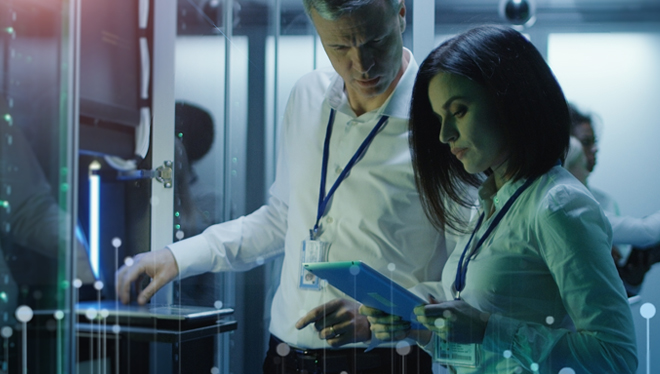Turning the Tide On Climate Change: ADI, Woods Hole Oceanographic Institution and OCIA

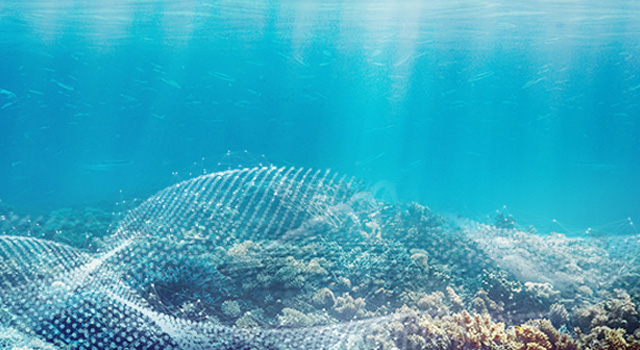
SIGNALS+ NEWSLETTER SUBSCRIPTION
Stay updated and leverage Signals+ latest insights, information and ideas on Connectivity, Digital Health, Electrification, and Smart Industry.
Thank you for subscribing to ADI Signals+. A confirmation email has been sent to your inbox.
You'll soon receive timely updates on all the breakthrough technologies impacting human lives across the globe. Enjoy!
CloseTURNING THE TIDE ON CLIMATE CHANGE: ADI, WOODS HOLE OCEANOGRAPHIC INSTITUTION & OCIA
September 13, 2022
Space was considered the least explored, least understood phenomenon due to the complex science and technology required for its investigation. While there are many challenges to exploring space and its effects on our world, there is one vast entity much closer to us that humans have had even less success in exploring: the ocean.
The ocean is fundamental to the Earth’s global climate system, covering two-thirds of our planet. We rely on the ocean to provide us with oxygen, food, and especially climate regulation. Despite its cruciality to our ecosystems and lives, human activity and climate change have adversely affected the ocean at such a rate that we are at risk of losing its life-sustaining qualities.
Analog Devices understands collective action is needed and comprehensive approaches to climate change must involve the ocean, which is why we partnered with Woods Hole Oceanographic Institution (WHOI) to launch the Ocean and Climate Innovation Accelerator (OCIA).
OCIA is a first-of-its-kind consortium bringing together industry, academia, and philanthropy focused on advancing knowledge of the ocean’s critical role as a defense against a warming planet. OCIA is tasked with developing and accelerating new technology solutions at the intersection of oceans and climate.

Watch how WHOI and ADI developed OCIA to save our oceans and planet.
CATCHING CARBON: OCEANS DELIVER ON A MASSIVE SCALE
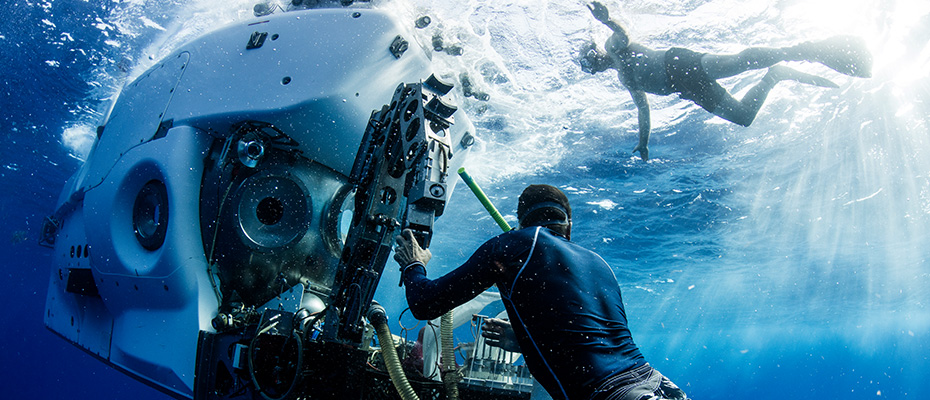
There are many different proactive measures that scientists have recommended be taken to slow down climate change and mitigate its effects. Scaling up the carbon management industry—meaning we regulate and reduce the amount of carbon humans emit—is one major step we can take to help accomplish this and affect major change. In fact, just due to their size, oceans can have the largest effect on Earth on climate change in our favor, especially with regards to capturing carbon.
Currently, the ocean naturally captures a large portion of carbon that humans emit into the atmosphere through what’s known as the biological pump. This biological pump is the set of natural processes in which algae absorbs carbon dioxide and transforms it into organic matter, which then rains down to the bottom of the ocean where it’s stored for millennia. When looking at ocean-based climate change solutions, it’s clear that we must look at ways to leverage the ocean’s vast potential to absorb carbon from the atmosphere.
+200M
People at risk of flooding by rising sea level at century’s end.1
To better understand how the ocean can help solve the climate crisis, emphasis must be paid toward advancing our research and knowledge of the ocean. However, there are many challenges that arise when using sophisticated technology in the harsh and unpredictable ocean environment. Extremely high water pressures, lack of sunlight, and instrument deterioration from the salinized sea all contribute to the fact that it’s estimated that humans have only explored roughly 10% of the ocean thus far. To advance our research and measuring of the ocean, improved science and technology must be created to endure its harsh conditions.
With the support of consortium members, WHOI researchers are invited to make proposals for incubation grants to conduct early, groundbreaking research for solutions, mitigations, or monitoring. They can also apply for larger acceleration grants to develop and mature their concepts. The best of these projects will continue on after acceleration, but at a lower risk level, in which they can be supported by government or industry. This year, the OCIA is focused on increasing the ocean’s capacity to capture carbon.
GRANTS AND INNOVATION HUBS TO THE RESCUE
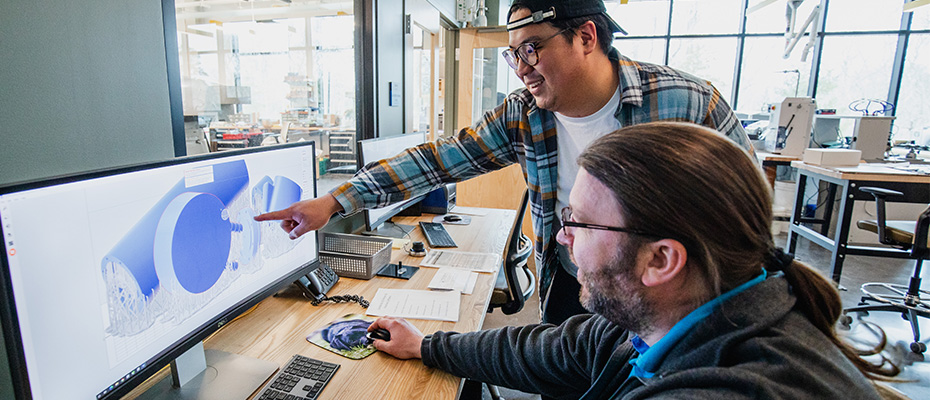
ADI brings our depth and breadth of resources to support the consortium. To begin with, we’ve committed $3 million to fund the Ocean and Climate Innovation Accelerator and have issued five grants focused on ocean-based, carbon capture and transport to Woods Hole Oceanographic Institution researchers.
These grants consist of three Incubation Awards—smaller grants of up to $100K to fund early exploration work—and two Acceleration Awards—larger grants up to $300K to support design and/or early execution of new, cutting-edge scientific initiatives. The OCIA will take a venture capital-style approach to help scale the most successful of these projects with further support.

“Through OCIA, we are committed to engaging ADI’s engineers and technologies to advance knowledge of the oceans, in order to gain a better understanding of how oceans are impacted by climate change and to develop solutions to restore ocean health. By doing so, we hope to drive meaningful impact on the global fight against climate change.”Vincent Roche
President and CEO | Analog Devices
Beyond this, to generate new knowledge and solutions at the intersection of ocean and climate science, ADI and WHOI are creating dedicated “innovation hubs.” These are meant to serve as knowledge and technology platforms to help us gain better understanding of the technology as well as the market and business strategy required to address something on this scale. The three innovation hubs focus on generating better ocean insights, improving predictive modeling, and interpreting data and analytics.
Knowledge/Technology Innovation Hubs:
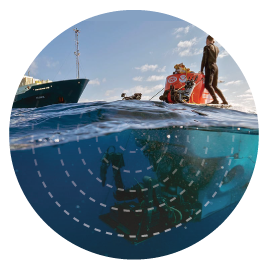
Sensing, Measuring, and Networking the Ocean
Challenge:
To generate better insights with continuous monitoring and connections across a wide range of biological, chemical, and other ocean vital signs. The goal is to create an “always on, always connected” ocean by enabling a vast network of sensors and technologies that communicate with a broad range of usage sources, from satellites to ships to remotely operated and autonomous vehicles working on and deep below the surface.
How OCIA Helps:
Leverage new or existing technologies uniquely suited for the challenges associated with sensing and measuring the ocean.
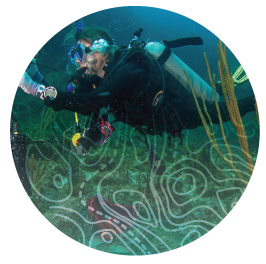
Market Strategy and Business Dynamics
Challenge:
Informing business and public policy on the communications needed to raise awareness, motivate action, and increase science literacy in key areas. This hub will help inform OCIA’s science and technology agenda and ensure its relevance to businesses and policymakers by addressing key needs and knowledge gaps (for example, the structures of carbon trading markets, the intricacies of carbon credit standards and validation, or regulatory factors affecting research into carbon capture solutions).
How OCIA Helps:
Provide market and business operations expertise, ensure applicability of scientific insights to real-world business problems, and help translate business needs into scientific questions.
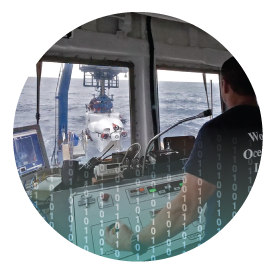
Data Processing, Machine Learning and Artificial Intelligence
Challenge:
Unify data acquisition, usability, and access across a number of major projects and programs, including the WHOI Ocean Twilight Zone Project; the WHOI-led, multi-institution Ocean Observatories Initiative; and the international Argo profiling floats program—all of which drive major climate-related lines of research. This hub seeks to ensure greater accessibility, more widespread use, and better insights from the high quality data streams these programs are already producing, while providing an exceptionally rich source of inputs to the research supported by the Innovation Accelerator.
How OCIA Helps:
Through the application of machine learning and artificial intelligence, turn the value of real-time data into meaningful insight and solutions.

The formation of the OCIA consortium comes at a time when support for science and ocean research is at a critical juncture. We are building a research innovation ecosystem that will drive new understanding to tackle global challenges facing society. It provides a new, scalable model showing how corporations can engage deeply on the climate crisis.Dr. Peter de Menocal
President and Director of WHOI
WHOI & ADI: COLLABORATING TO CARE FOR THE WORLD’S OCEANS
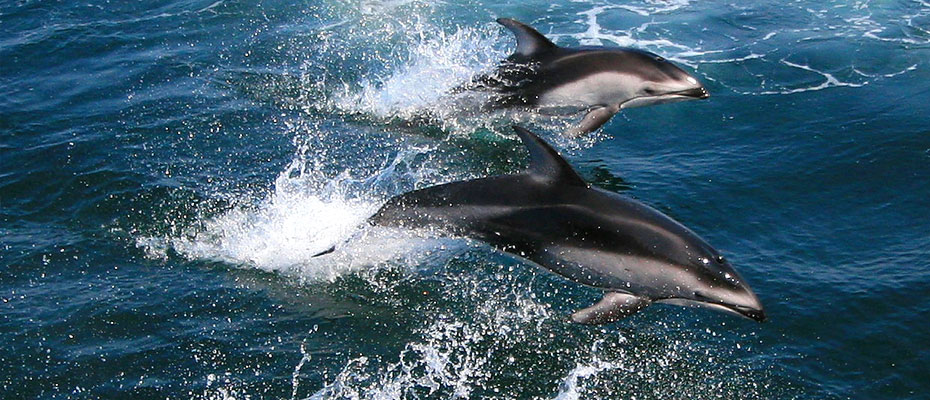
OCIA is a wonderful start to advancing research and knowledge of the ocean, but it’s only one step of many that must be taken to find effective ocean-based climate solutions. No one organization or program can do this on their own, and we will need an abundance of technological resources and experts collaborating for a common goal. ADI and WHOI hope that this consortium will inspire others in the tech industry to join us to truly advance our knowledge of ocean and climate science, and help save humanity’s most precious natural resource.
Join the Consortium. Earth cannot wait.
There is an urgent need to understand fundamental ocean processes to predict future climate impact and to inform policies. We need increased support and a diversity of thought, skills, and technologies to collaboratively solve and scale complex and urgent problems.
We seek to engage with organizations that are committed to climate action.
Interested? Learn More
References
1Know Your Ocean - Woods Hole Oceanographic Institution (whoi.edu)





 Close Details
Close Details
